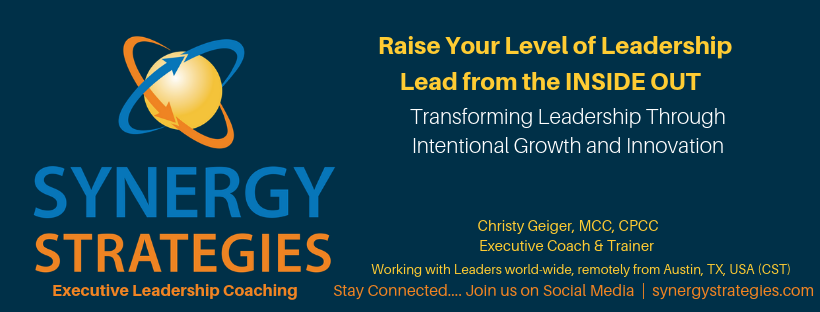It has often been perplexing to me as a coach, that deep pressing question, “how do I make myself do something I need to do, but don’t want to do?” In coaching there are many things that can be part of the process from exploring if it is a “should” and needs a “why” motivation shift, designing structures and supports to help accomplish the goal and just stepping back to see what this is serving and benefiting that might unlock a barrier to why it is not sticking or being able to be started.
This year I have spent a good amount of time looking at neuroscience and the effect on our psychology and behavior. In that study, I have found a more foundational part of the lasting change is really about “self-control” or “self-management” – the ability to tell your brain what to do. This is actually a different part of your brain than the part that runs in default mode most of the day that is more driven by feelings, emotions, judgments, reactions, fears, etc. (the limbic system). Rather this part of the brain that is more “self-control” or “self-discipline” or “self-management” is where we are telling our brain what we want it to do and sticking with it. In today’s world it has gotten even more challenging to do this with our quick and immediate result society – where if you want it, you order on prime, google it, drive through, download an app, etc. While these conveniences are not all bad, they have allowed our brain to stay in a quick response, pleasure and reactive mode. To be more self-disciplined, we have to develop the part of our brain that allows us to stay calm under pressure, to wait and delay self-gratification, find a more centered and calm presence in the moment.
For years the movement for yoga, meditation, and other self-care activities has been on the rise in encouragement and prescription for those affected by a busy stressed-out society. It seemed like these were just a “Zen-like” way to handle life and perhaps a trendy way some who “just can’t handle it” respond. The science, however, says this is not about trends or fluffiness, but about true brain development to support your brain to build gray matter and neuro-pathways that support our ability to tell our brain what to do. This allows us to be present and responsive to the things we desire in life, including habits and routines we desperately want to create and sustain to support the results we want to have. So, don’t brush off the deep breathing, presence activities that are being talked about these days. They do matter and are the key to sustainable and lasting change you want in your life.
Recently I saw this article in Success Magazine, Why Self-Control is So important by Craig Impelman zooming in to look at the self-control pillar of Coach Wooden’s Pyramid of Success. I felt it was additionally affirming and supporting of the same concept of managing our mind and additional benefits to developing this skill. Consider taking the challenge!



